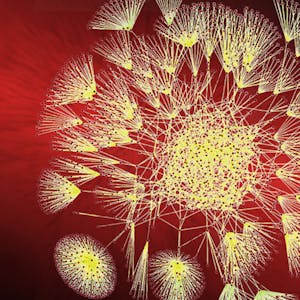Communication Skills for Engineers
About this Specialization
Build a toolkit of communication skills that will give you the knowledge and confidence to be an effective engineering leader.\\n\\nEngineers who want to advance in their profession need to be effective communicators. They need to clearly communicate complex ideas and technical project plans. They also need to be strong persuaders. Engineers who are good communicators get recognized by their supervisors and by their clients.\\n\\nIn this three-course Specialization, you will practice designing and giving strong, persuasive presentations; you will learn how to communicate across cultures, genders, and generations, how to create your personal brand and leadership presence, how to hold effective meetings with global teams; you will learn how to handle difficult conversations, and how to handle crisis communication; you will also learn writing skills immediately applicable in your daily activities. Courses are taught by faculty from the Rice Center for Engineering Leadership (RCEL). RCEL is focused on developing engineering leaders within Rice University at the undergraduate, master\'s and PhD levels. It is home to one of a very few academically approved Certificates in Engineering Leadership.Created by: Rice University

Related Online Courses
This Specialization is intended for the general public, including pre-health undergraduate students, healthcare professionals, and professionals in other healthcare-related industries seeking to... more
Embark on a comprehensive journey into the world of IT security with this in-depth course. Learn to safeguard systems, data, and identities while mastering the foundational principles and advanced... more
In this 1-hour long project-based course, you will learn how to calculate the Weighted Average Cost of Capital, calculate capital invested, finance charge, and NOPAT, and use financial statements... more
Embark on a journey through the intricate world of deep learning and neural networks. This course starts with a foundation in the history and basic concepts of neural networks, including... more
Want to understand your data network structure and how it changes under different conditions? Curious to know how to identify closely interacting clusters within a graph? Have you heard of the... more








